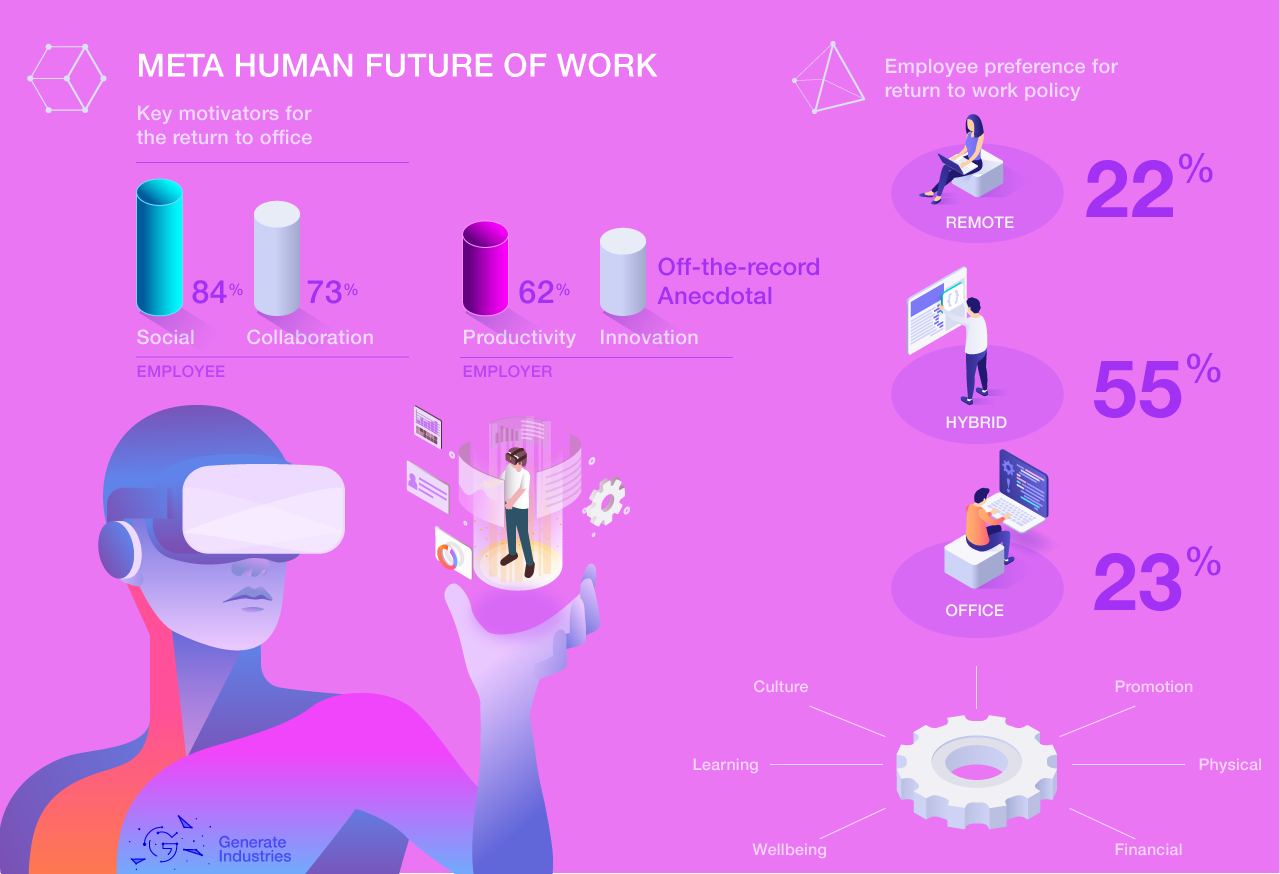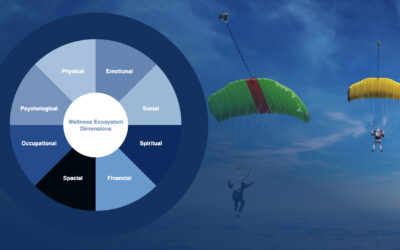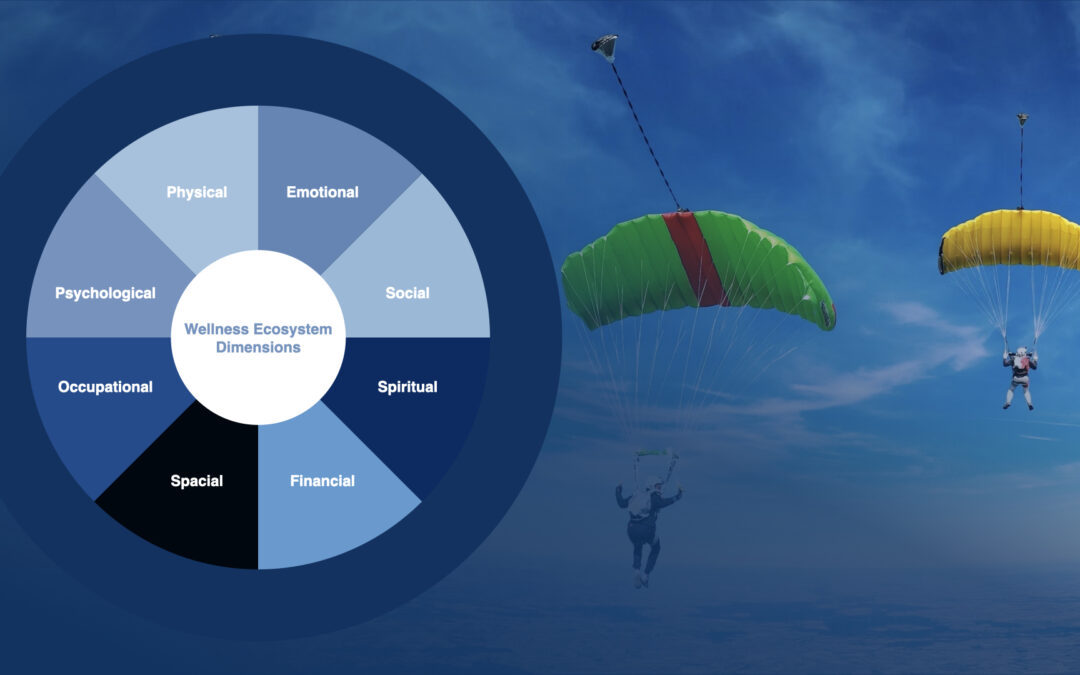According to a Forrester Future of Work Survey, 62% of Employees believe their employer is willing to invest in their health and well-being....


Future of Work
The pandemic blew the lid off traditional relationships people had with an office, not to mention each other. It has accelerated a transformation in human behavior and is begging the question “what’s our go-forward plan?”. While dinosaurs cling to the past, and upstarts enter a working world where new norms are being written, we’re stuck in a state of flux.
Below is a framework for considering the core dimensions and concepts around the Future of Work topic.
Technological:
- Digital Transformation: From automation to AI, and IoT – should process be focused on efficiency or empathy?
- Remote Work Infrastructure: From technology investments to BYOD – can everything shift to on-demand?
- Collaboration Tools: Integrated communication, hybrid work and timezones – should OKR’s pivot to accomodate?
- Analytics and Data: Measurement does not mean understanding – what’s the one metric that matters?
Human:
- Skills and Training: Continuous learning is essential, arguable the only skill you need – what becomes of higher learning?
- Employee Well-being: Mental and physical health and work-life balance – nearly half of employees doubt employer commitment.
- Diversity and Inclusion: A diverse and inclusive workplace to attract talent and drive innovation.
Organizational:
- Agile Structures: How Fragile is Agile? Do flat hierarchies enable an ability to adapt in rapidly changing market dynamics?
- Workforce Planning: What’s the cost of ‘right-sizing’ the organization to brand identity and customer experience?
- Change Management: Managing change effectively as new technologies and work models are adopted.
- Leadership Development: Nurture leaders who can guide teams through digital transformations and inspire innovation.
Societal and Cultural:
- Work-Life Integration: Is this the opposite of work-life balance? When to encourage a societal shift toward converging values.
- Environmental Responsibility: Sustainable practices are vital and the environment is volatile – will the circular economy encompass everything end-to-end?
- Digital Inclusion: Will A.I. companions co-exist with people and expand what we consider as socioeconomic groups?
Economic:
- Cost Optimization: Use technology to reduce operational costs,
- Revenue Diversification: business models and revenue streams, especially those enabled by digital technologies.
- Supply Chain Resilience: leveraging digital tools and data for better visibility and agility.
- Globalization and Localization: Balance globalization with local responsiveness.



